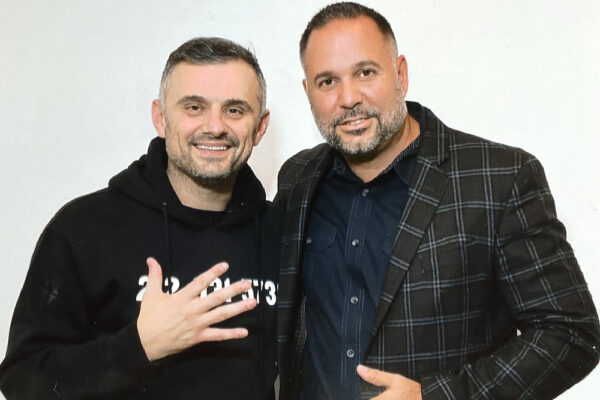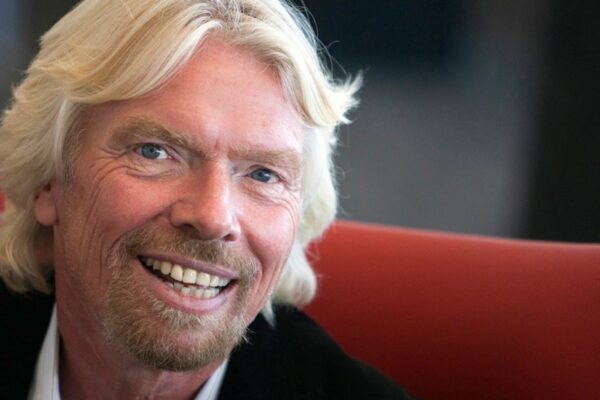Hi Ashwin, and welcome. You’re from India, so I have to ask, what’s new to entrepreneurial India? Most people think about India as a place to get cheap labor and outsource stuff.
Ashwin: The new India has more people taking risks and even more people willing to facilitate the process of taking risks. Entrepreneurial India is abundant with angel investors and venture capitalists, who now understand that India can also innovate. And India is innovating, like never before! Labor is still cheap, and we still outsource, but we also know how to utilize the ever-increasing globalization.
Did the crisis change the business rules? What do you think, during the crisis, companies outsource more or cut spending altogether, outsourcing included?
![]() Ashwin: To some extent, it did. India saw a strange trend, different from what the US showed. We did see several large corporations losing big money and businesses, including outsourcing showing a loss. Still, the period also brought risky entrepreneurs in the business world who wanted to benefit from the negative times. The number of small businesses increased significantly during the crisis, and many businesses centered on these SMEs also surfaced.
Ashwin: To some extent, it did. India saw a strange trend, different from what the US showed. We did see several large corporations losing big money and businesses, including outsourcing showing a loss. Still, the period also brought risky entrepreneurs in the business world who wanted to benefit from the negative times. The number of small businesses increased significantly during the crisis, and many businesses centered on these SMEs also surfaced.
You recently started a new company, what is it about?
Ashwin: Well, this question looks like a continuation of my previous answer. Because we also started our company to utilize the fact that India has more than 2.5 million SMEs and this number is growing at a very high rate. Our company Incept creates, sells, and services unique Office Automation products for SMEs (small and medium businesses).
So who exactly is your customer?
Ashwin: Every Small and medium-sized enterprise across India belongs to our current target group, and we are also looking at global expansion. Small shops, as well as commercial offices, can benefit from us. We are starting with Time & Attendance Management Biometric Systems and will move on to many more exciting products.
What is what makes your company special?
Ashwin: This is an interesting question because there are more than 600 companies in India that supply office automation products. But when you consider the fact that our products are created with only SMEs in mind, we become somewhat special. Add to this the fact that our products are novel and innovative, and we become even more special. But the final nail on the wall of specialty is the way we do our business: our business model is such that we do not involve distributors or resellers but sell and service our products directly, using our own service partners.
Did you start alone, or you have some partners?
Ashwin: I started with the help and support of an entrepreneur who had seen the risks to come out clean, Hariom Sharma. And today, we have a 12 member dedicated team.
What are the most difficult things to overcome when starting a company in India?
Ashwin: Though the answer may vary based on the sector to which a company belongs, the biggest problem faced by us and also by various other entrepreneurs is the legal tangle that forces you to take undesirable steps. For example, the taxation system in the country is so complex and poorly managed that small businesses still suffer hugely, and the worst effects are seen during start-up.
How was your path from idea to getting the first customer?
Ashwin: Tough but exciting. We decided to pitch the idea to a customer who could have been the last choice for our products. But after various meetings, when he was convinced, we knew that we would succeed. So we took the tough road, hoping to get rewards if we can cross it.
What about the future? New product lines? New customers?
Ashwin: Future plans include expansion into tier 2 and 3 cities of India. And talks of expansion to other countries following similar economy as India are also on. Among new product lines, we are next coming up with remote employee surveillance systems.
What was most difficult? Finding an idea? Making the first steps to transform the idea into a real business? Getting your first customer?
Ashwin: The most difficult, in my opinion, is always the first set of steps. The idea can be abundant, but the implementation of the idea to be able to create a business out of it requires a lot of mentoring and support from investors as well as peers.
What about the legal part? Is it difficult to comply with the business rules in India?
Ashwin: As mentioned earlier, though things are easier than ever before, there is still no flexibility to support small businesses. Also, various small companies work while blatantly disregarding laws, and they still thrive, which is sad. But situations are changing.
What would be your best advice for companies abroad working with Indian companies?
Ashwin: There are a huge number of innovators in India who remain hidden unless seriously scouted for. So while making associations with Indian companies, you should be able to find out these hidden talents to maximize the utilization of resources. Also, on a different cautionary note, it’s better to avoid companies following traditional rules conventionally in India, as the market is changing and it’s time to welcome unconventional thought processes.
Coming back to your business, how did you come up with the idea?
Ashwin: It was the period of recession that forced us to develop products, especially for SMEs. We analyzed the target group and steadily zeroed on the products. So it was customers first, products later.
What are the most important advantages your customers get when working with your products?
Ashwin: That they feel it’s made only for them. Moreover, a high level of interactivity, and focused customer support, are our other high points.
Any success stories you would like to mention?
Ashwin: I’d like to share one testimonial from a customer, who said that they improved their profit in the quarter in which they bought our product by about 20%, due to the indirect effects it brought. They had bought our attendance management system, which helped them reduce their HR loads and focus more on work while helping increase productivity. It was nice to hear someone giving us a quantitative complement rather than qualitative praise.
Are you proud of what you have accomplished so far?
Ashwin: I’d say it’s the beginning, and we are still learning. We are proud of what we have achieved and also of what we have failed to achieve, as it has taught us more. It sounds like dialogue from an inspirational book, but it’s really true.
Any advice for young people not having the courage to start their own businesses?
Ashwin: As I also mentioned in one of our company’s newsletters, try to run naked in public, and that’s when you’ll be ready to become an entrepreneur.
You can become a better entrepreneur at any age by taking masters of business administration classes.




